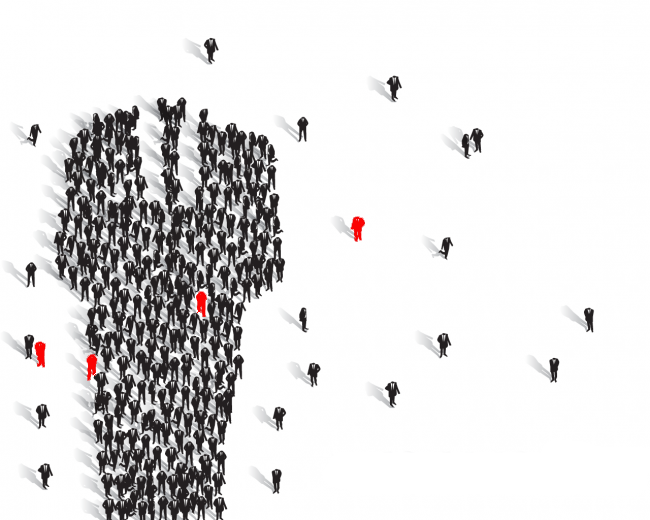
The recent wave of audacious cyber-attacks has a serious downside for the hacker community: According to the Guardian, one in four US hackers are now informants for the Federal Bureau of Investigation.
By threatening hackers with long prison sentences, the FBI and secret service have thoroughly infiltrated the ranks of hacker groups — so much so that the community “is now riddled with paranoia and mistrust,” the report reads.
The illegal online forums used by hackers to swap stolen credit card numbers and other personal data are riddled with hackers working for the authorities. And in some cases, FBI agents posing as “carders” — hackers who specialize in identity theft — have successfully taken over management of these crime forums in an effort to gain information about hacker groups, and put their members in jail.
The two most high-profile groups targeted are the hacktivist sect Anonymous, who has waged attacks against everyone from Visa to the government of Iran, and Lulz Security (LulzSec), who set off on a digital war path in recent weeks, infiltrating the servers of PBS.org, Sony and, in their most brazen move to date, FBI affiliate group Infragard. (Anonymous is also said to have targeted Sony in an attack that resulted in the shut-down of the PlayStation Network and the theft personal information of as many as 100 million Sony customers — an accusation Anonymous firmly denies.)
While LulzSec remains an enigma, even to the FBI, the heavy hammer of the law has already begun to smash down on Anonymous. Federal authorities have raided 40 addresses believed to be linked to Anonymous members in the US and five in the UK. And a grand jury in California has already begun to hear evidence against the group.
“The FBI are always there,” says Barrett Brown, a self-appointed spokesman for the loose-knit Anonymous. “They are always watching, always in the chatrooms. You don’t know who is an informant and who isn’t, and to that extent you are vulnerable.”
This fact should come as no surprise to anyone who closely watches the moves of Anonymous. The group widely publicizes the IRC chat rooms in which the members organize their attacks. And anyone with the motivation can join in, or simply watch their plots unfold.
In addition to pressure by the FBI, the Pentagon recently declared cyber attacks “acts of war” worthy of retaliation with military force, in instances where the attacks cause death and/or significant destruction of US property.


